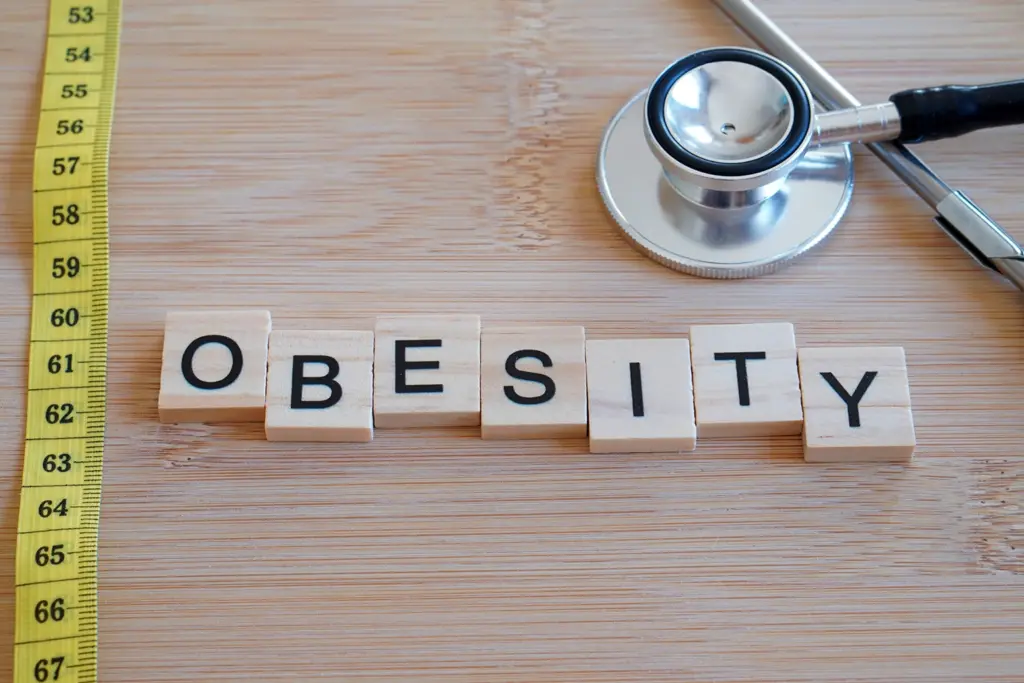
Genetic obesity: You’ve probably heard someone say, “It’s just my genes, I can’t lose weight.” It sounds like an excuse, right? But here’s the twist: science actually backs up the idea that genetics can play a real role in obesity. The catch is, it’s not as simple as blaming one unlucky strand of DNA.
The myth of a single ‘fat gene’:
People love neat answers. One gene flips the switch, and boom, you’re destined to gain weight. But biology doesn’t really work that way. Researchers have found more than a hundred genes tied to body weight, appetite, and how our bodies store fat. The FTO gene is probably the most famous one. If you carry a certain version of it, you might be more likely to crave calorie-dense foods or feel hungrier after eating.
Also Read | How to know if you’re obese: BMI, waist ratio & other indicators
But here’s the kicker: having the gene doesn’t mean you’re doomed. It just nudges the odds. Think of it like being dealt a tricky hand in poker; you can still win, but you’ve got to play smarter.
Obesity: Nature vs. lifestyle
Imagine two people with the same genetic predisposition. One lives in a walkable city, cooks most meals at home, and spends weekends hiking. The other has a desk job, long commutes, and a pantry stocked with chips and soda. Same genes, different outcomes.
That’s the part people often miss. Genes set the stage, but environment, culture, and habits determine how the play unfolds. In fact, studies of identical twins raised apart show that while weight similarities exist, lifestyle still makes a huge difference.
Why is it hard to lose weight?
Here’s something you might notice if you’ve struggled with weight: some friends eat pizza three nights in a row and barely gain an ounce, while you look at a slice and feel like the scale jumps. It’s not all in your head. Genetics can affect how efficiently you burn calories, how your fat cells store energy, and even how rewarding food feels in your brain.
That doesn’t mean trying is pointless; it just means the road may be steeper for some. And yes, that can feel unfair.

Can you outperform your DNA?
Short answer: yes, but not completely. You can’t swap your genes like an old phone battery, but lifestyle changes can mute some of their effects. Regular movement, balanced meals, good sleep, all the usual suspects, help keep genetic tendencies in check.
There’s even research showing that exercise can offset risks tied to the FTO gene. In other words, your genes whisper, but your habits shout louder.
So, can you be genetically obese? Sort of. Genes can load the dice, but they don’t control every roll. You might be more prone to weight gain, sure, but destiny isn’t sealed at birth.
Also Read | Why losing weight after 40 feels tougher, and what helps
If anything, knowing the science makes it easier to ditch the guilt. You’re not “weak” or “lazy” if weight management feels harder; it’s biology. The challenge is real, but so is your power to influence it.






